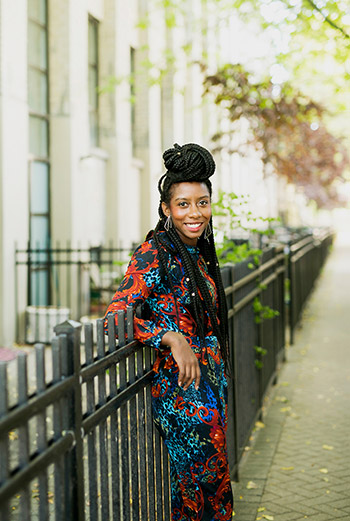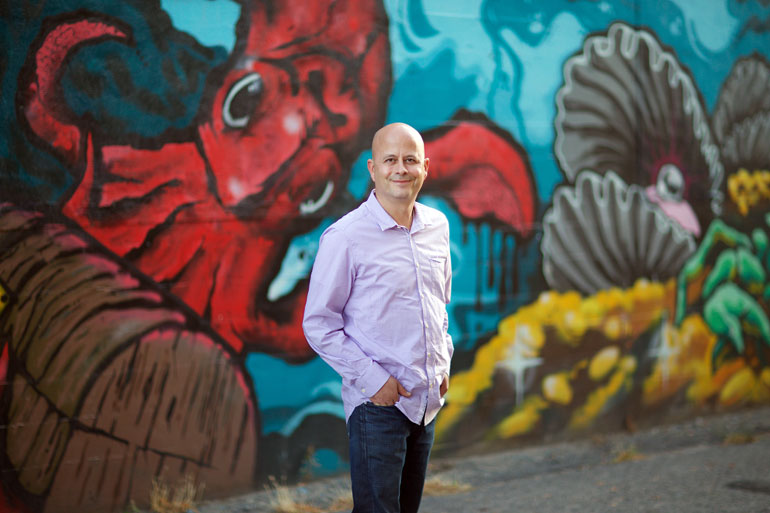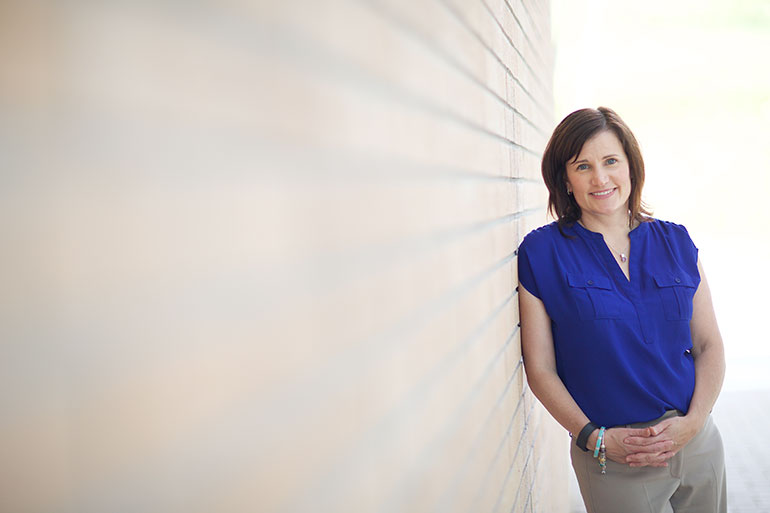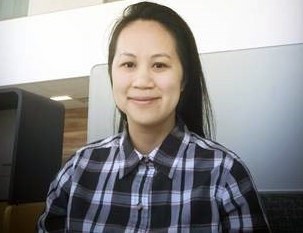What will it take for workplaces to be truly inclusive?
What: Facing up to Racism at Work, as part of UBCO’s Distinguished Speaker Series
Who: Canadian lawyer, journalist, researcher and equity advocate Dr. Hadiya Roderique
When: Tuesday, November 17 starting at 7 p.m.
Where: Online event at speakers.ok.ubc.ca
Racial inequity is real.
According to 2016 data from the Public Health Agency of Canada, Black Canadians are more likely to live in low-income situations, less likely to enrol in post-secondary, and report experiences of discrimination at work or during a hiring process at twice the rate of the rest of Canadians.

Lawyer, journalist and equity advocate Hadiya Roderique.
On Wednesday, November 17, UBCO hosts lawyer, journalist and equity advocate Hadiya Roderique as part of its Distinguished Speaker Series.
Highly-respected in her fields, Roderique rose to notoriety following the publication of her 2017 Globe and Mail article, “Being Black on Bay Street,” where she shared her experiences working as a young, black, woman lawyer in Toronto’s central business district—delivering a wake-up call to corporate Canada.
In this provocative talk, Roderique will continue to build on these experiences, providing a timely discussion on racial inequities in the workplace. Addressing barriers and challenges, she will counter common arguments with informed data and strategies to help move society toward a true meritocracy.
Roderique holds a law degree, master’s degree in criminology and PhD in organizational behaviour and human resources management from the University of Toronto. In 2018, she was named one of Canadian Lawyers’ 25 Most Influential Lawyers and was recognized with the Rising Star award from the Canadian Association of Black Lawyers.
The Irving K. Barber Faculty of Arts and Social Sciences’ Distinguished Speaker Series brings compelling speakers to the homes of Okanagan residents to share their unique perspectives on issues that affect our region, our country and our world.
This virtual event is free and open to all, but online pre-registration is required. To register, visit: speakers.ok.ubc.ca
About UBC’s Okanagan campus
UBC’s Okanagan campus is an innovative hub for research and learning founded in 2005 in partnership with local Indigenous peoples, the Syilx Okanagan Nation, in whose territory the campus resides. As part of UBC—ranked among the world’s top 20 public universities—the Okanagan campus combines a globally recognized UBC education with a tight-knit and entrepreneurial community that welcomes students and faculty from around the world in British Columbia’s stunning Okanagan Valley.
To find out more, visit: ok.ubc.ca




